For years, Cate Blanchett has successfully juggled her growing acting career with activism. As she puts it, "You have to pick up the slack when you see others failing to," demonstrating that she takes her responsibility to advocate for change very seriously.
Intensity is a word Cate Blanchett embraces in her personal and professional life. Unlike many in the entertainment elite who substitute on-screen passion and power for off-screen luxury, the 52-year-old actress relentlessly challenges and debates, always pushing boundaries.
Blanchett doesn't have a specific agenda concerning politics, environmentalism, sustainability, equality, feminism, or activism; she simply envisions a better future. "If I didn't use my voice to encourage change, I think that would be really disingenuous," she explains. "I hate the idea of famous people on their soapboxes—it's not that. I just feel that, as a society, we are so much better than we portray!"
This mindset, which has deepened over her three-decade-long career, makes Blanchett a compelling and complex interview subject. She can be a compassionate global ambassador, empathizing with the industry's irregularities and injustices, yet also fiercely critical when discussing the notion of being seen as a role model. "I'm so sick of hearing, 'You're a strong woman, you're an inspiration...'" she retorts. "What exactly does that mean? What makes a woman strong, other than being able to lift a couple of kilos? It's a glib, overused expression, and I don't like it."
She is immensely proud of the work produced at the Sydney Theatre Company, valuing the diverse passions and perspectives it inspired. This drive for purpose beyond film, particularly in female empowerment, has become second nature to her. "We're in an era where genuine enablement is prominent—not because it's fashionable or a quota, but because talent can rise and flourish."
Blanchett stresses that while we may feel less repressed, this is no reason to be complacent. "To do so is to miss the point," she asserts. She never set out to be a campaigner or a voice but feels compelled to stand up when others fall short. "Sometimes you have to pick up the slack," she says.
The actress shouldn't be surprised at her current position, even if it happened by chance. Since her riveting breakthrough as Elizabeth over 20 years ago, which earned her first Academy Award nomination, Cate Blanchett has built a reputation for defying expectations and exploring various genres.
From her stylish noir role in The Talented Mr. Ripley to her powerful portrayal of the tragic journalist Veronica Guerin in the 2003 biopic, and across performances in Hanna and The Lord of the Rings trilogy, to further acclaimed roles in Notes on a Scandal, I'm Not There, The Golden Age, Thor: Ragnarok, and Ocean's 8, Blanchett is known for pushing boundaries. "When I graduated from drama school, I never thought I'd make a film at all. I always hoped for a long career in theatre, so every film I make is still a pleasant surprise," she says. "So when I support other initiatives, I approach them the same way. I never expected any of this to work, so I feel I have nothing to lose by pushing forward."
Blanchett's conviction has certainly served her well. Though she is first and foremost an actress, the acclaim from her efforts has propelled her into a unique realm. "It's inevitable that you become a beacon people want to reach out to and be guided by," she notes. "My opinion isn't more qualified than anyone else's, but if it encourages others to speak up, then why not?"
In practical terms, Blanchett exemplifies "personal change" in the movie industry. Unlike those who only recite mission statements from global social and environmental organizations, her focus is on daily impact, with sustainability at the core. Years ago, she began making subtle changes at home to reduce greenhouse gas emissions, such as switching to GreenPower, washing clothes in cold water, investing in roof insulation, walking more, driving less, and purchasing carbon offsets. "These changes started when I realized my children would grow up in a world that didn't care about their long-term welfare, and that was heartbreaking," she says, referring to her children Dashiell, 19, Roman, 17, Ignatius, 13, and Edith, whom she and her husband Andrew Upton adopted in 2015. "I try to teach my children to reflect on their impact as they go through life. They don't have the same carefree attitude toward the world or the environment that we had as kids; it's not a privilege they have. Sometimes the advice sticks, other times it doesn't, but it's real."
Blanchett also became a leading advocate for LGBT rights with the film Carol in 2015. "I'm proud of the progress we made with that movie and the conversations it started," she says. "At the same time, I'm astounded by how much society has advanced in a few years; yet, the rules around sexuality, gender, and acceptance are now more complicated. It's frustrating to see progress and realize the landscape is even more complex, but discussing it is a good thing.”
Regarding the conversations that the actress's upcoming projects might spark, she will first appear in Guillermo del Toro's psychological thriller *Nightmare Alley*, based on William Gresham's 1946 novel. Following this, she joins an all-star cast including Timothée Chalamet, Leonardo DiCaprio, Jennifer Lawrence, Meryl Streep, and Jonah Hill in *Don't Look Up*, a comedy about a comet threatening Earth's inhabitants. Additionally, she is set to star in the action-adventure *Borderlands*, the drama *TÁR*, and the coming-of-age story *Armageddon Time*, all scheduled for release next year.
Once again, the consistent theme in her career is diversity. She explains, "For me, it has always been important to keep changing, evolving, and exploring different roles. I'm genuinely afraid of being stuck doing something I don't enjoy for a long time," she laughs.
"And of course, I'm fortunate enough to have that freedom—unlike many industries and places where your gender, sexual orientation, color, or race is the first thing people notice. I would love for us to reach a point where those aren't the first things people see, but we're not there yet."
Blanchett also aims to shift the mindset that one person's success means another's failure. Ironically, this is often true in Hollywood casting. "We need to move away from the idea that we're all in direct competition. Take the sexism debate—I don't believe equality for women diminishes men in any way. In fact, I think men can benefit greatly from it."
She acknowledges the progress made in gender equality, though she fears some gains have been rolled back. "Conservatism is affecting how women perceive their place in the world. It's a continuous challenge, but progress has been made."
Despite not being a fan of the digital age, Blanchett recognizes the powerful tools we now have. "We have a better chance to make an impact than ever before. Social networks can drive campaigns, build awareness, and connect amazing people. However, I wish we could clean up the content—it's why I avoid Twitter and Facebook. It's like graffiti; there are a few interesting things, but most of it isn't useful. This is the challenge for those of us advocating for environmental and social change. We must keep the message engaging."
If Blanchett's dedication to global issues is as varied and full as her film roles, she will surely continue to command respect and relevance in the entertainment world. She concludes aptly, "We just have to keep turning the pages of the script.”

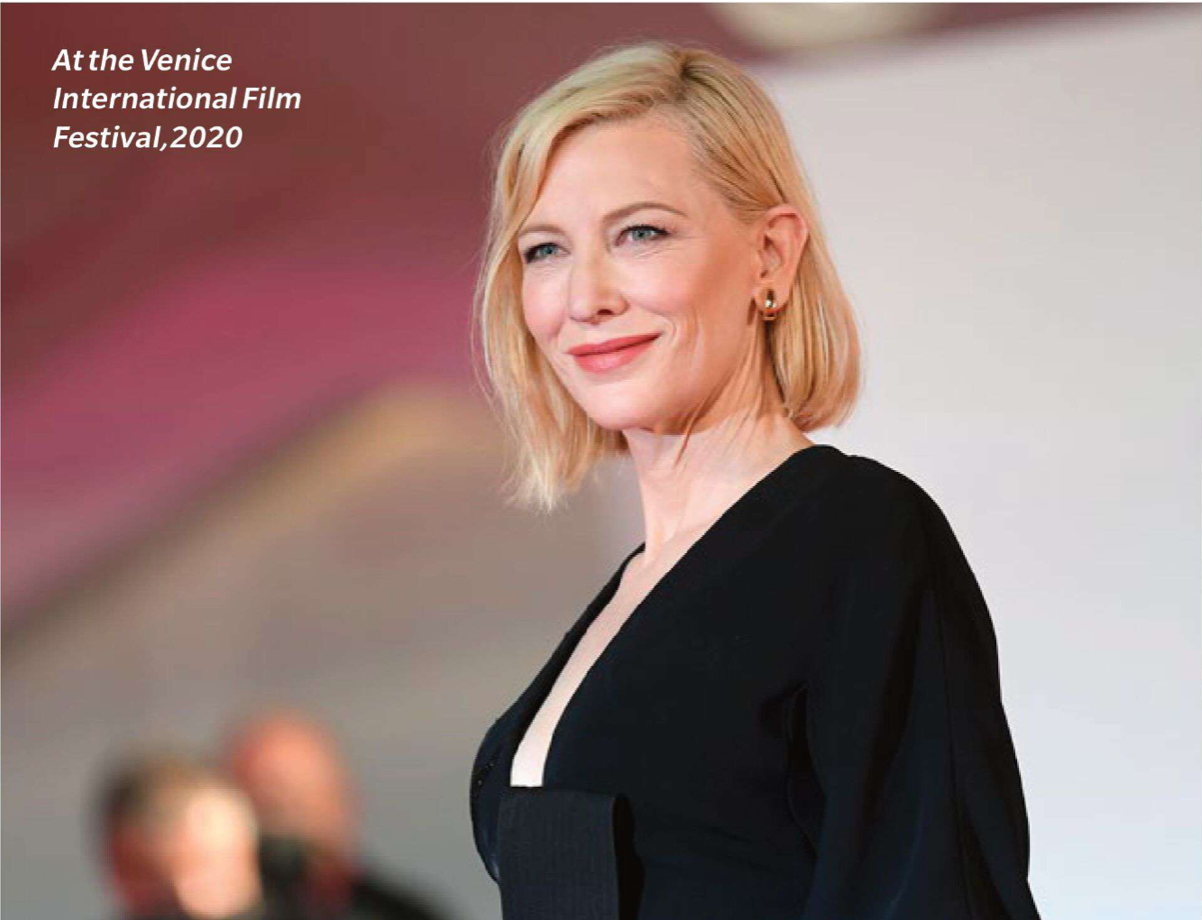













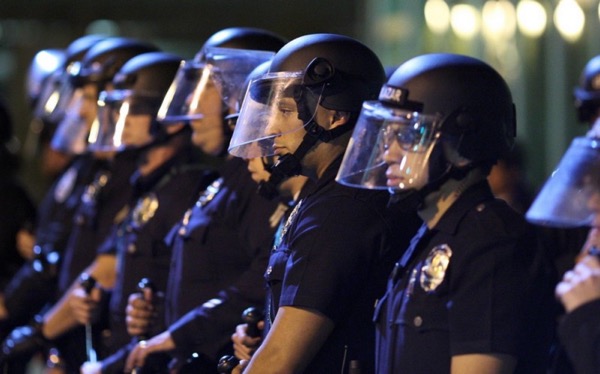




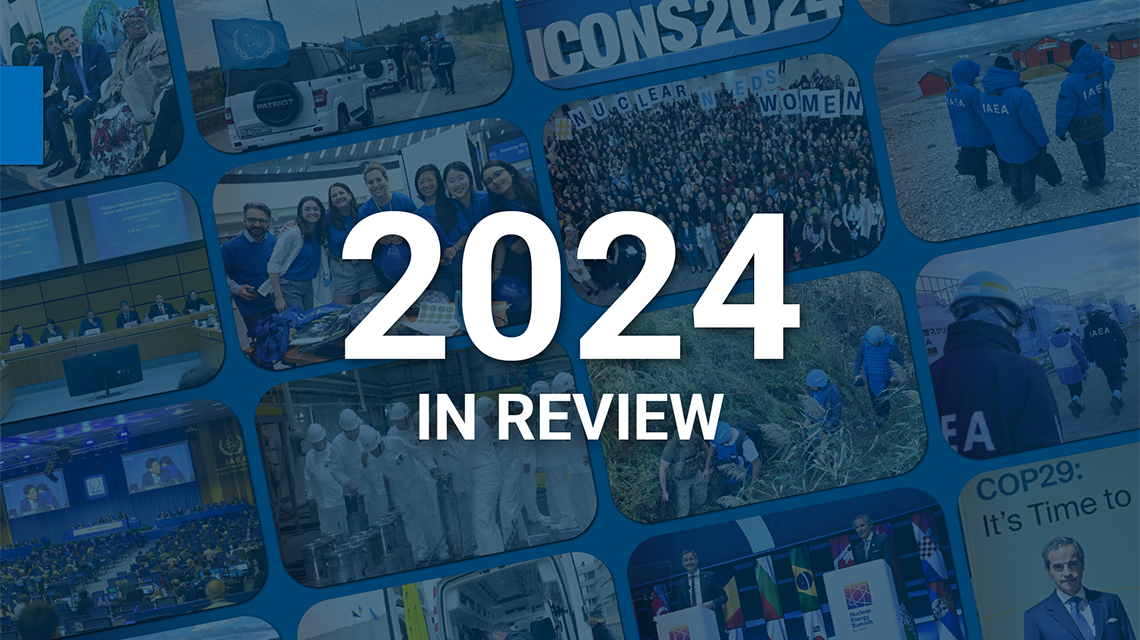


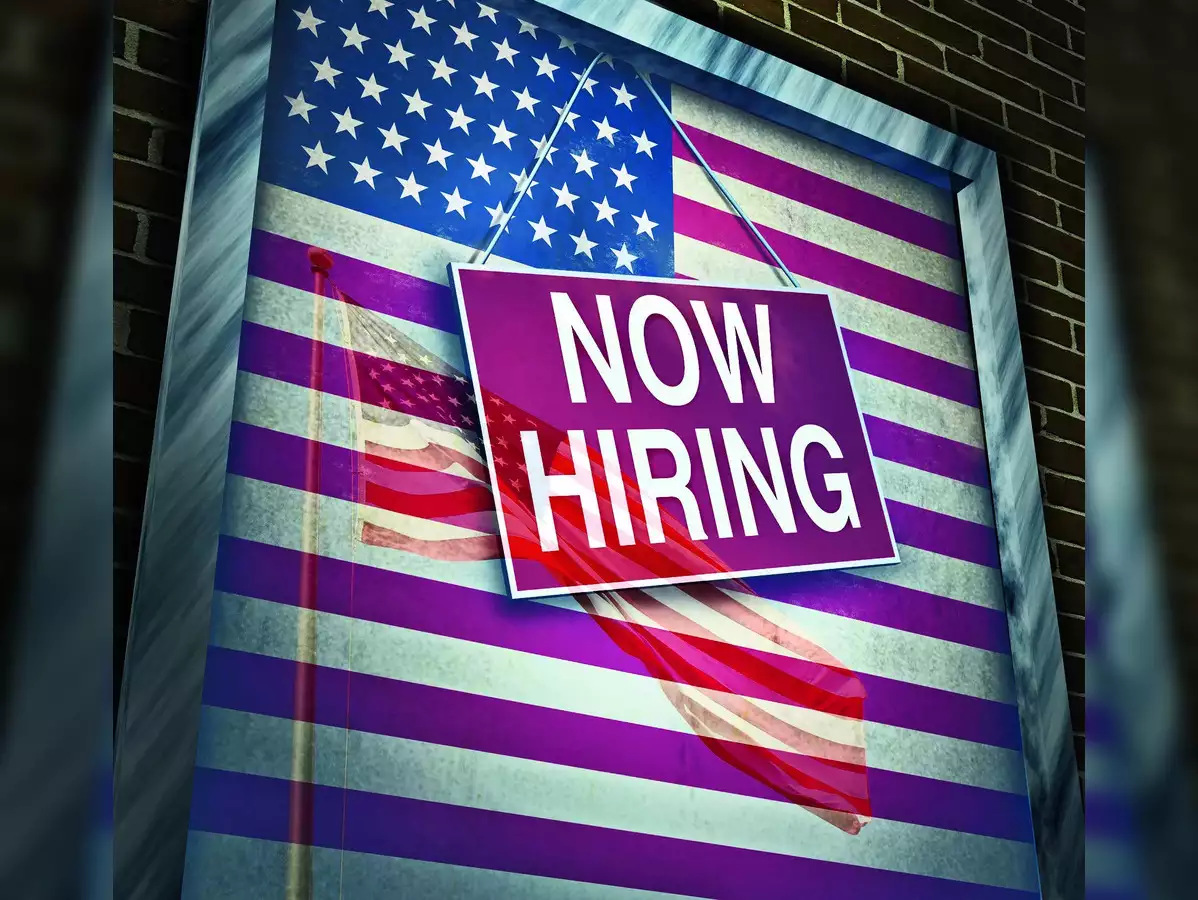


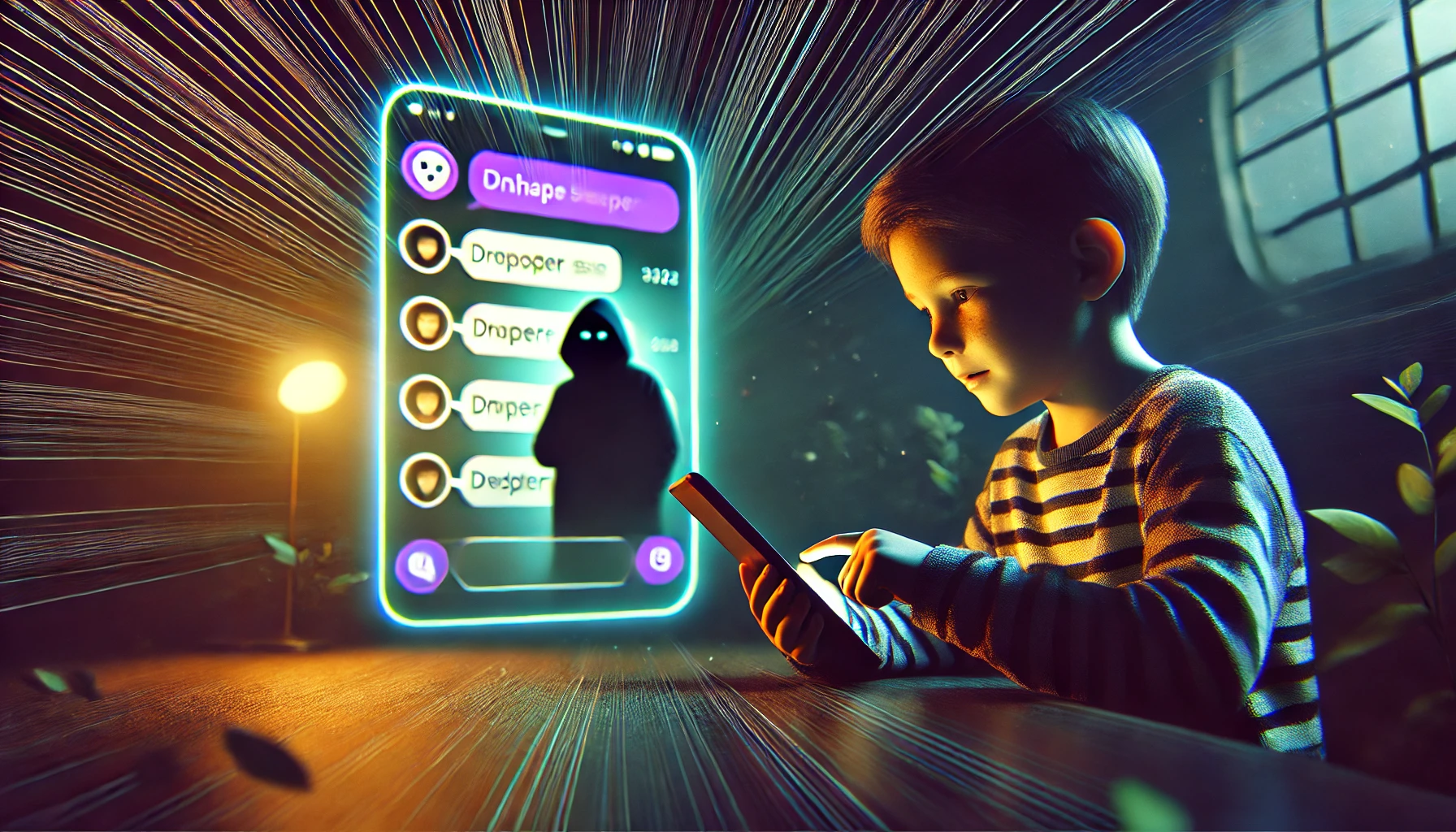


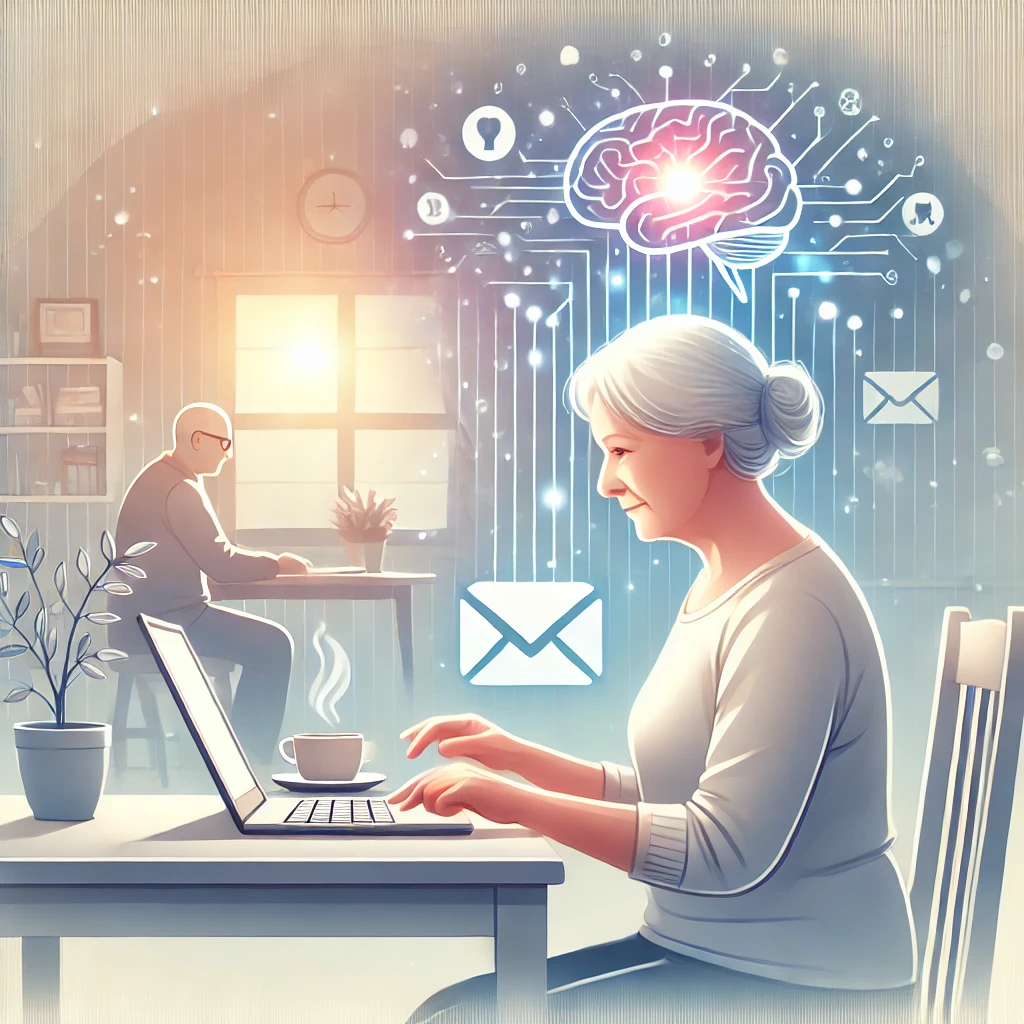
0 Comments